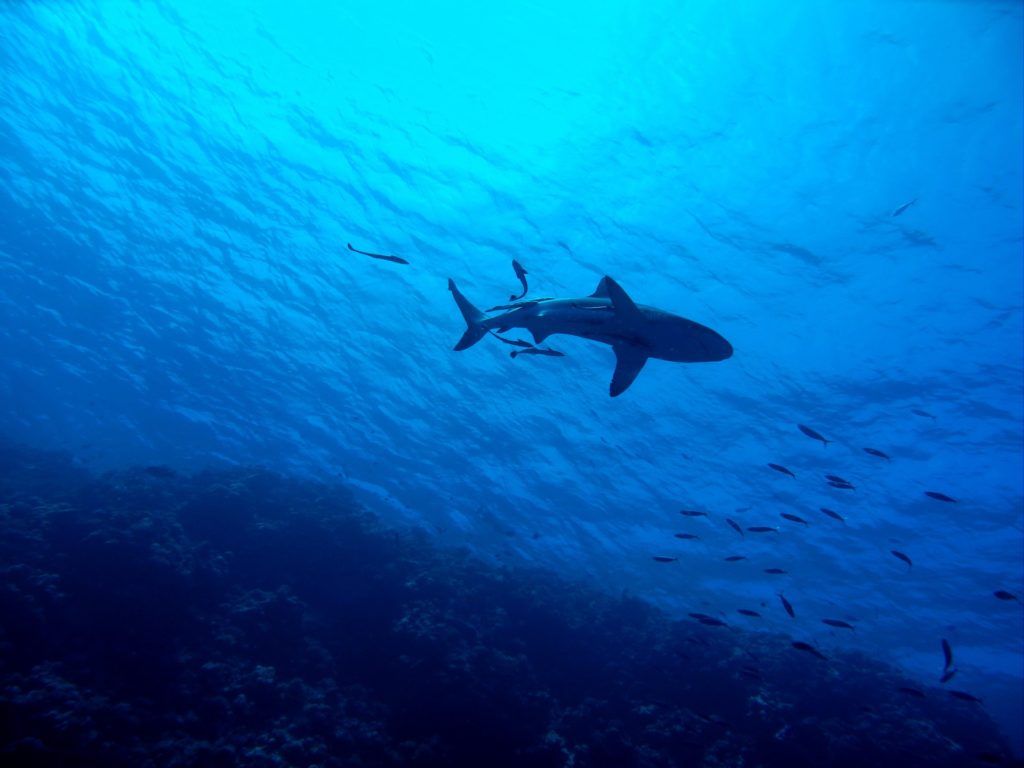While the country observes the 21-day nationwide lockdown, the sharks will be moving a little more freely. The shark nets along South Africa’s coastline will be lifted for the duration of the lockdown.
As the Sharks Board will be on lockdown during this period, it is necessary to lift the gill nets that often trap sharks and other animals. These nets are unique to the KwaZulu-Natal area.
According to the KwaZulu-Natal Shark Board, these nets are designed to reduce shark numbers in the vicinity of protected beaches, thereby lowering the probability of encounters between sharks and people at those beaches.
The nets are often paired with drumlines, a large, anchored float (which was originally a drum) from which a single baited hook is suspended. These drumlines are meant to reduce the by-catch of harmless non-shark species such as whales, dolphins and turtles that are accidentally caught in the nets.
“The gill nets are usually 214m long and 6m deep and secured at each end by two 35kg anchors,” explains Shark Attack Campaign. “These nets work by trapping fish and sharks by their gills once they have pushed their heads through the mesh. However, not only sharks get caught in these nets and drumlines. In 2017 alone, the protected animals that died in the nets included 18 turtles, 26 dolphins, 4 whales, 30 rays and 69 scalloped hammerhead sharks.”
Picture: Pixabay

